

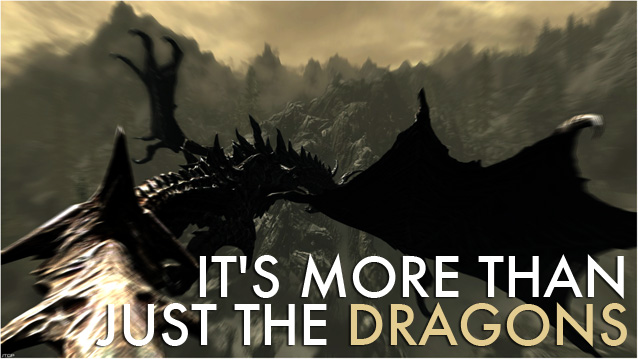
I don’t think I need to tell you that Skyrim is out.
The fifth installment in The Elder Scrolls series arrived this past November to far more mainstream hype than that of its predecessors. Nearly four months later, the game is still a popular topic even among the people you’d least expect; literally everyone and their mother is playing Skyrim. I’ve witnessed girls I went to high school with—girls who had laughed at me for playing loads of video games—make “arrow in the knee” jokes. Let me get one thing out of the way, though: I have not played Skyrim. With a shitty laptop and neither an Xbox 360 or PS3 at my disposal, I just haven’t had the means.
“Wot gives you the right to write a thing about the series then, eh?” You ask me in your imagined cockney accent. Well, I’ve got a good 500 hours of Morrowind under my belt and probably around the same number of hours for Oblivion. Also this is America—so if you don’t like it you can just giiiit out.
Since we’ve cleared that up—as a fan of the series, I’m happy that people are beginning to realize just how great The Elder Scrolls really is…but on the same token, as a fan of the series, I’m afraid Tamriel isn’t getting all the respect it deserves.
This isn’t particularly new. In March 2006, The Elder Scrolls IV: Oblivion unleashed itself upon the masses. It was widely praised for its open world setting and beautiful landscapes, but in Bethesda’s effort to sell the series to a larger audience than their previous games, they spent too much of the budget on hiring actors like Patrick Stewart, Sean Bean and Terence Stamp to recite a few lines and then die (seriously they all died) than they did on recreating the charm that had attracted players to Morrowind.
The Elder Scrolls III: Morrowind is largely a game about exploration with undertones of corrupt religion, dirty politics and betrayal.Todd Howard has largely owned up to this, stating in an interview with OXM, "With Oblivion, we're dealing with the capital province, and we wanted to get back to the more classic Arena and Daggerfall feel of a fantasy world that felt more refined and welcoming, a place that you instantly understood. But in that, we sacrificed some of what made Morrowind special: the wonder of discovery.”
And that’s partially true. People didn’t play Oblivion for the same reasons they played Morrowind. The Elder Scrolls III: Morrowind is largely a game about exploration with undertones of corrupt religion, dirty politics and betrayal. It had its flaws to be sure, mainly mechanical, but if you could get past them then you were liable to spend months of your life in this fantastically well thought-out fantasy world being literally whoever you wanted to be. Morrowind’s graphics, animations and even combat system have not aged well, and arguably weren’t anything ground-breaking on release—but if the player allows it to be, Morrowind is video game escapism at its very best.
Morrowind, like Daggerfall and Arena before it, was more about telling a story and immersing the player in a well-written plot than it was about swinging a sword and shouting at dragons. That may not have been ideal for all audiences, and there is likely a happy balance in between the way Morrowind and Oblivion were developed—it could very well be Skyrim, though of course I wouldn’t know. You had a lot of freedom in the guilds and factions you chose to be in and it helped to shape your character into who you really wanted them to be instead of just one out of four character archetypes; a warrior, a mage, a thief, or an assassin.
Four years later, Oblivion had obviously improved on some of Morrowind’s shortcomings, but hardly without sacrifices—the combat system was a little more fluid and easy to understand, but throwing-class weapons, spears and crossbows were nonexistent. The spells were more generic and the player’s ability to cast them was based on a system of leveling the shit out of the related skills, as opposed to Morrowind’s percentage-based success rates. Several factions were cut out in favor of their less subtle, more radical counterparts—assassins joined the Dark Brotherhood instead of the Morag Tong, for instance. The game was condensed to make more sense to newcomers, and thus became slightly less about being an adventurer and more about being a bad ass in some form or another. Nevertheless, I spent an embarrassing amount of time playing it.
It is rich with lore and culture and an immensely interesting history, and far too often I see people ignoring all of that in favor of leveling their characters and acquiring the cool loots and then claiming they “beat” Skyrim.Because here’s the thing—The Elder Scrolls is a serious for reals role-playing series. It is rich with lore and culture and an immensely interesting history, and far too often I see people ignoring all of that in favor of leveling their characters and acquiring the cool loots and then claiming they “beat” Skyrim. But you can’t really ever beat an Elder Scrolls game. Dungeon crawling and stealing for the Thieves’ Guild and killing in the name of Sithis is all well and good, but when you noticed that book lying on your latest victims’ shelf, did you stop to pick it up? Did you bother to read it? (Seriously, do it, a lot of those books are really good.)
Have you tried playing a character that doesn’t just blindly dual-wield things because it’s cool to do? Have you taken a break in between the constant questing to learn a bit about the world you’re playing in? Have you tried playing as someone who isn’t the Dovahkiin and just ignored the main quest for the sake of exploring Skyrim or fulfilling some other purpose? Have you looked into the plot of the previous games? Have you played them?
Because you should—you might find yourself a little bit more obsessed with The Elder Scrolls than is physically comfortable in the pants region. Just saying.
Image credit: "Survey" by //Not Real Life

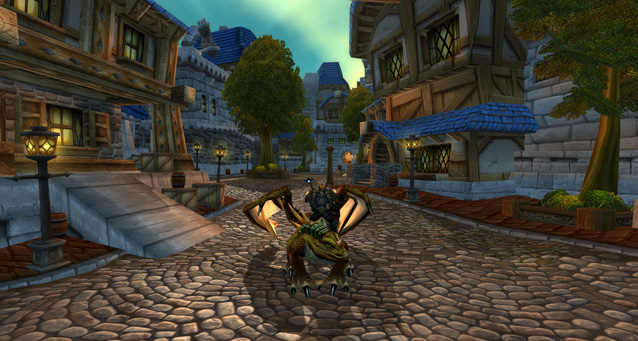
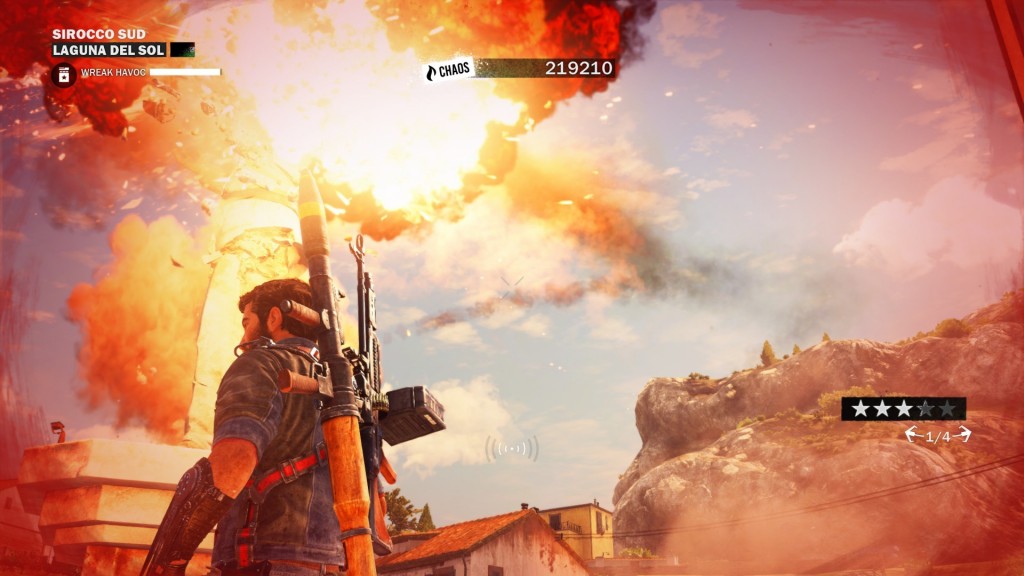

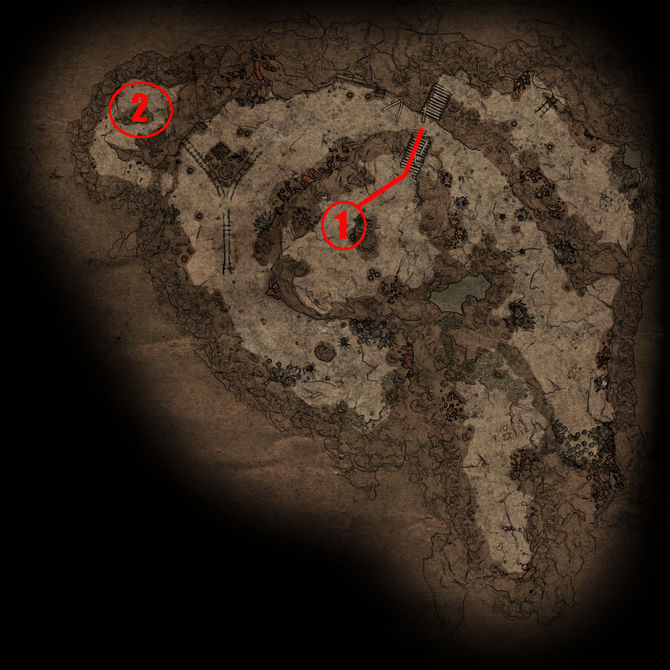 Victor Vran (PC): all secret locations with maps
Victor Vran (PC): all secret locations with maps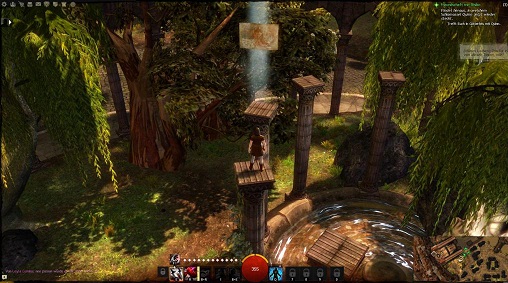 Guild Wars 2: Heart of Thorns beginners guide
Guild Wars 2: Heart of Thorns beginners guide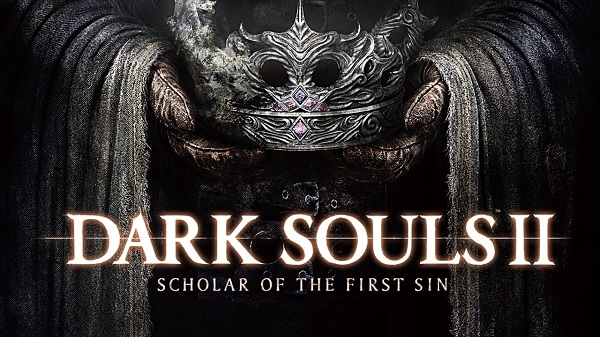 Fix for Dark Souls II: Scholar of the First Sin Controller Issues
Fix for Dark Souls II: Scholar of the First Sin Controller Issues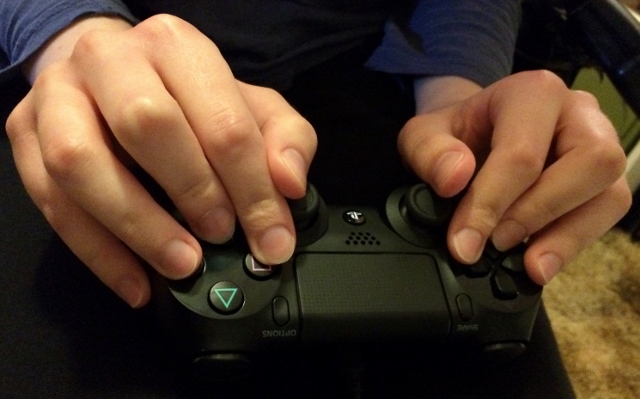 How A PC Gamer Learned To Love the PS4
How A PC Gamer Learned To Love the PS4 Metal Gear Solid V: TPP Guide - How to Beat the 'Red Brass' Mission
Metal Gear Solid V: TPP Guide - How to Beat the 'Red Brass' Mission